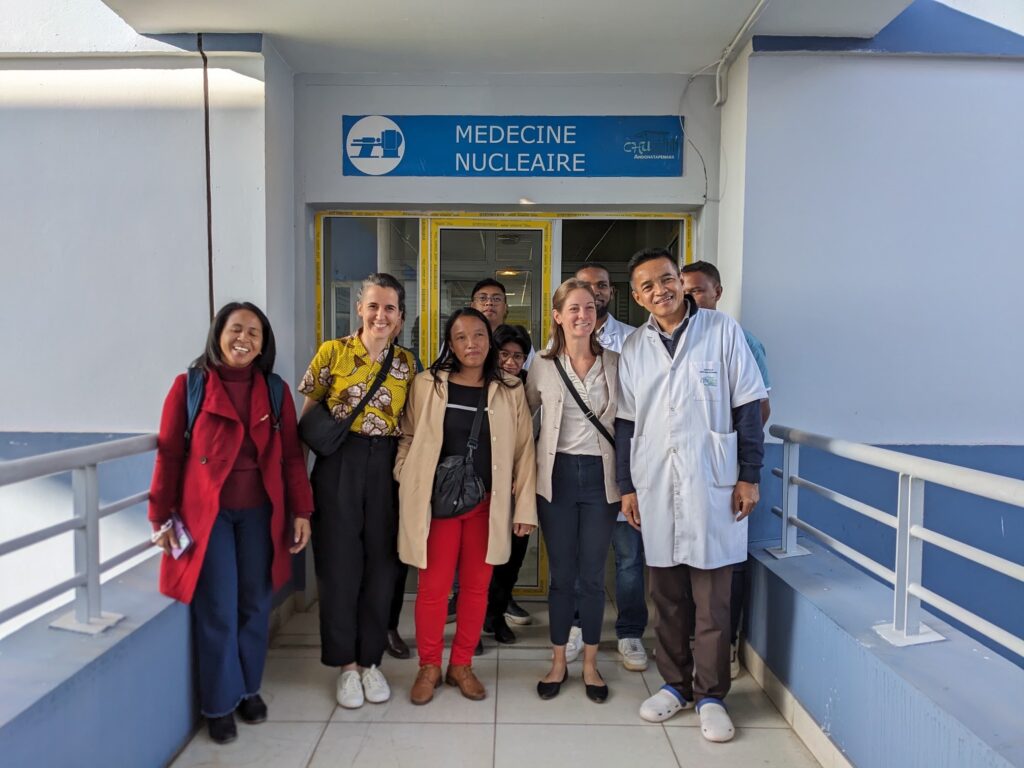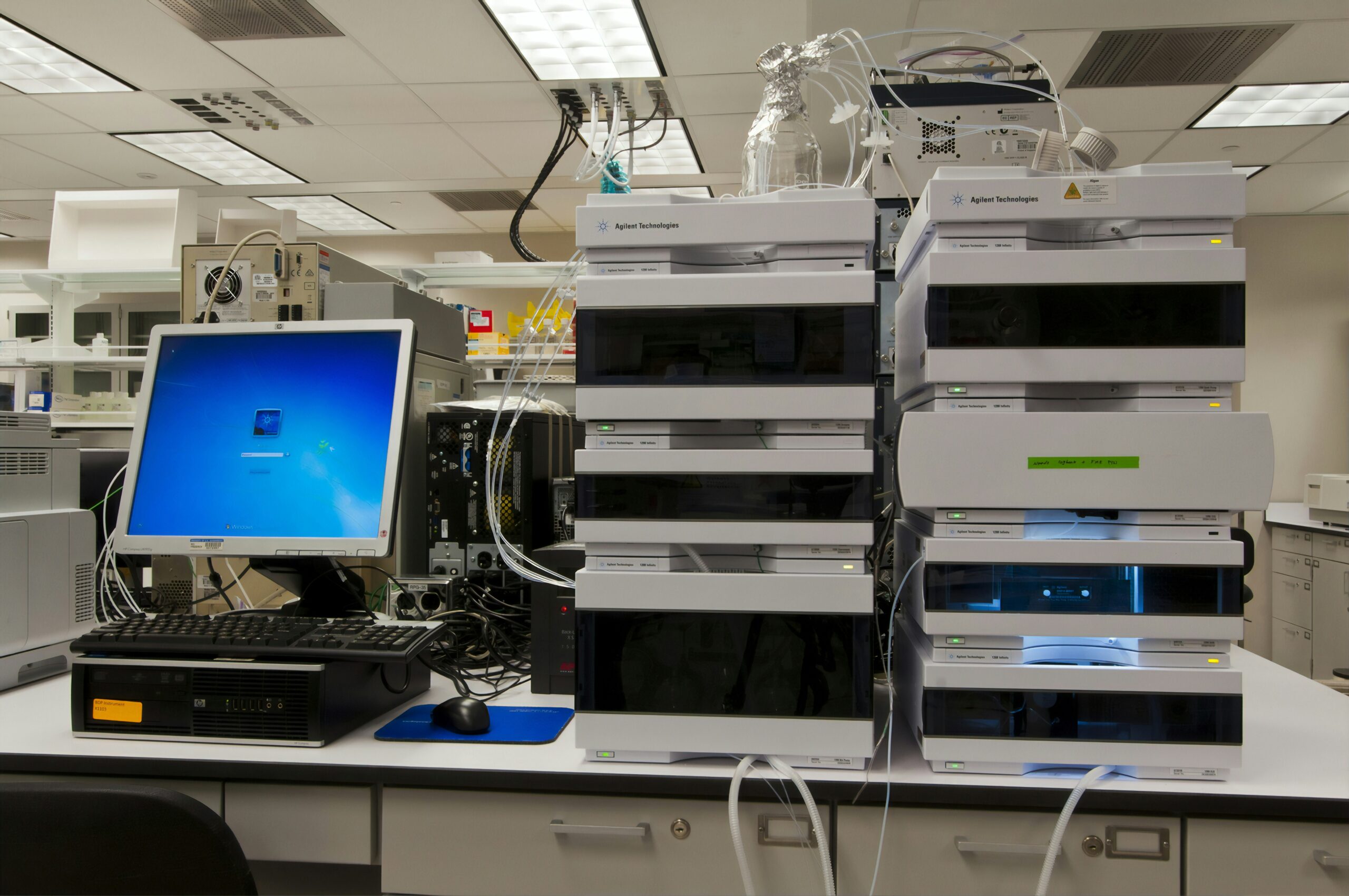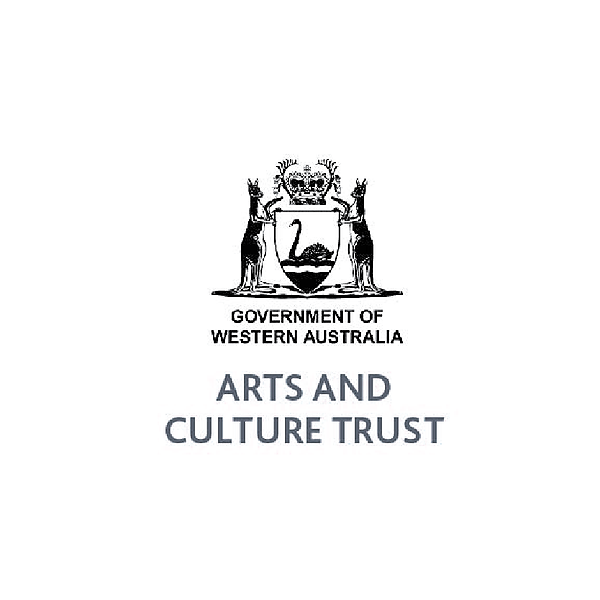
An international review has revealed that Madagascar is making significant strides in cancer control, particularly in expanding cervical cancer services. The country has laid a robust foundation by maintaining a dedicated health workforce and fostering collaboration between health and radiation safety authorities. This progress was highlighted in a joint imPACT review conducted by the International Atomic Energy Agency (IAEA), the World Health Organization (WHO), and the International Agency for Research on Cancer (IARC).
The review underscores the importance of further developing oncology professionals and mobilizing resources to increase access to cancer care across Madagascar. Currently, cancer claims more than 14,000 lives annually in the country, with women disproportionately affected, accounting for 8,000 of these deaths. According to 2022 estimates by the IARC, Madagascar registers over 20,000 new cancer cases each year, and these numbers are expected to rise due to increasing risk factors and an aging population.
International Collaboration and Assessment
In June 2025, a team of 13 international experts, nominated by the IAEA, WHO, and IARC, visited Madagascar’s main healthcare and specialized facilities to conduct the imPACT review. This comprehensive assessment aims to support the country as it develops its first national cancer governance document. The experts engaged in discussions with national and local health authorities, medical professionals, and other stakeholders, presenting their preliminary findings to the Minister of Health.
Minister of Health Randriamanantany Zely Arivelo expressed the government’s commitment to improving cancer care. “The Malagasy government is committed to improving cancer care in the country,” he stated. “This imPACT assessment is very timely, as we will use its findings to finalize our country’s first national cancer control plan.”
Challenges and Opportunities
The announcement comes as Madagascar faces a growing cancer burden, with particular emphasis on women’s health. Cervical cancer remains a significant concern, necessitating expanded services and preventive measures. The imPACT review highlights the need for a well-trained oncology workforce and the mobilization of resources to ensure comprehensive cancer care is accessible to all Malagasy citizens.
According to sources, the country is poised to leverage international partnerships to enhance its healthcare infrastructure. The collaboration between the IAEA, WHO, and IARC provides a strategic framework for Madagascar to address its cancer care challenges effectively.
Expert Opinions and Insights
Dr. Marie-Claire Tombo, an oncologist involved in the review, emphasized the importance of international support. “Madagascar’s efforts to improve cancer care are commendable, but sustained international collaboration is crucial to achieve long-term success,” she noted. “By developing a comprehensive national cancer control plan, the country can systematically address the gaps in its healthcare system.”
Meanwhile, experts suggest that increasing public awareness and education about cancer prevention and early detection could significantly impact the country’s cancer statistics. Enhanced screening programs and vaccination initiatives, particularly for cervical cancer, are essential components of this strategy.
Looking Ahead: Implications and Next Steps
The move represents a critical step forward for Madagascar in its fight against cancer. The development of a national cancer control plan, informed by the imPACT review, will serve as a blueprint for the country’s healthcare policy and resource allocation in the coming years.
As Madagascar continues to prioritize women’s health, the focus will be on implementing effective cancer prevention and treatment strategies. The government’s commitment, coupled with international support, sets the stage for significant improvements in cancer care and outcomes.
Looking ahead, the success of Madagascar’s initiatives will depend on sustained investment in healthcare infrastructure, training of oncology professionals, and the mobilization of resources. The international community’s continued engagement will be vital in supporting the country’s efforts to provide equitable and effective cancer care for all its citizens.







